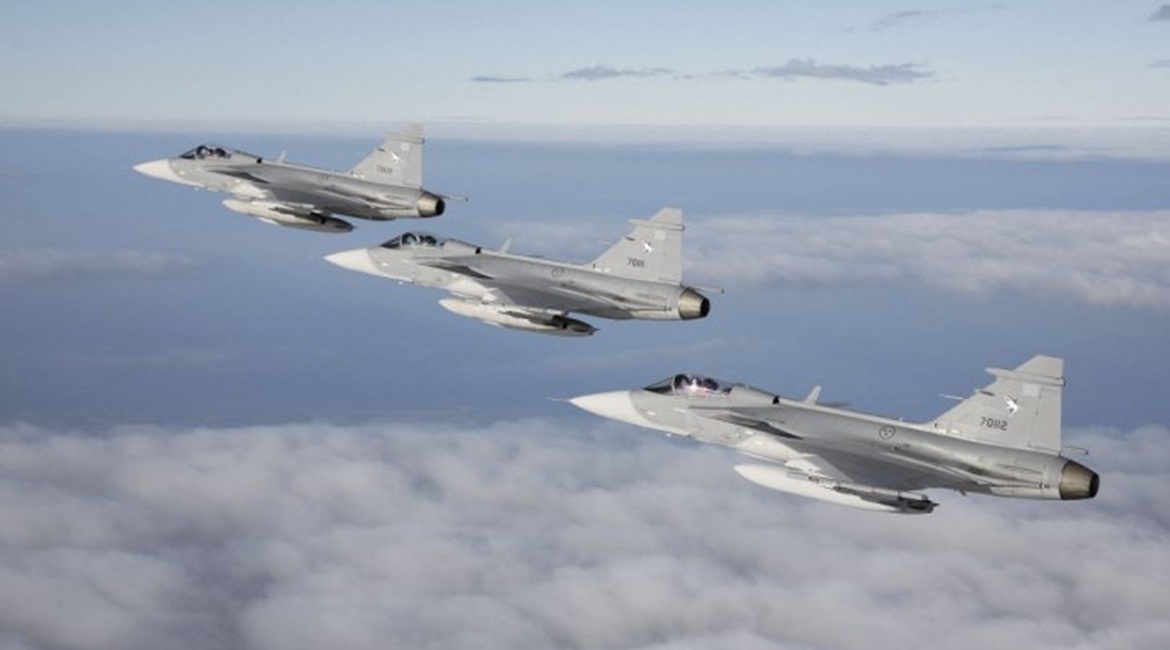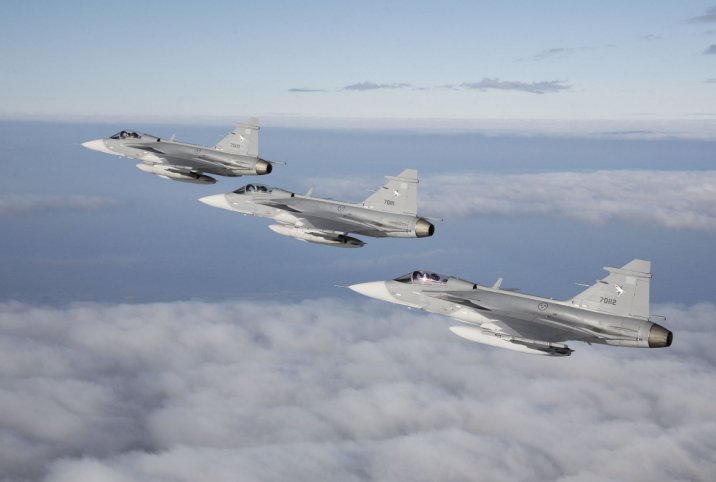
The Thai government has outlined a plan to establish ‘special economic zones’ focused on supporting defence industrial development. The move is geared towards stimulating private-sector investment and is being pursued in parallel with a plan to introduce offset-like obligations on foreign military contractors.
According to the state-owned National News Bureau of Thailand, the plan was revealed in a meeting of the country’s Defence Council – chaired by Defence Minister Prawit Wongsuwon – on 26 June. The news report said government agencies have been asked to ensure that they collaborate with the plan as it progresses over the coming months.
The government did not provide details about the special economic zones, including their location.
However, Thailand’s Defence Technology Institute (DTI) – an agency under the Ministry of Defence (MoD) charged with supporting national defence industrial development – is expected to be involved in the plan, which is likely part of the government’s Eastern Economic Corridor (EEC) development project. The EEC project was launched in 2016 to revitalise Thailand’s eastern seaboard over the coming decade.
Linked to the EEC project, Thailand has already outlined a commitment to develop the existing U-Tapao international airport, which is a joint military-civilian facility located on the Gulf of Thailand coast.
This site is the centre of planned investment in aerospace maintenance, repair, and overhaul (MRO) capability in military and commercial domains. Foreign companies, including Airbus, Safran, Sikorsky, and Saab, have already expressed interest in engaging with the project.
Saab’s investment in Thailand has, to date, mainly been linked with its supply of 12 Gripen fighter aircraft to the Royal Thai Air Force (RTAF) from 2011, but the company has also recently partnered with a local company, Amata, to explore potential areas for development under the EEC project.

Looking to read the full article?
Gain unlimited access to Janes news and more...






